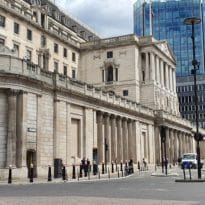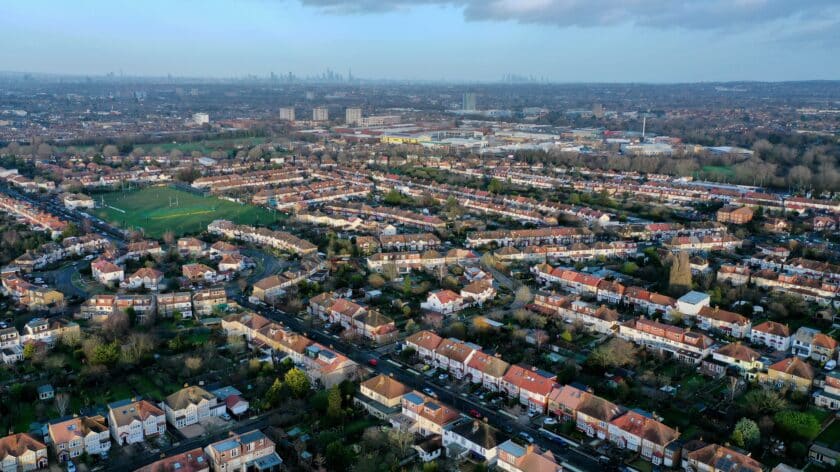The UK economy grew for a second consecutive month, new figures have shown, moving the UK away from the recent technical recession.
According to the Office for National Statistics, the UK economy grew 0.1% in February. This was followed by an upward revision of growth in January from 0.2% to 0.3%. This uptick was driven primarily by improvements in the UK’s services and production services.
Production output grew by 1.1% in February and was the largest contributor to growth that month, following a fall of 0.3% in January.
Overall, GDP is estimated to have grown by 0.2% in the three months to February 2024 compared with the three months to November 2023.
However, experts warned that despite the positive figures, growth in the UK remains sluggish and inflationary pressures persist.
Ed Monk, associate director at Fidelity International, said: “It has to count as good news that the economy is returning to growth. Last year’s recession appears to have been both shallow and short-lived but the fact remains that UK growth remains weak. We may be shaking off technical recession but that won’t change the feeling that there is very little momentum in the economy.”
Monk warned that the latest figures could spell bad news for both borrowers and financial markets in the short-term.
“Both are waiting for the Bank of England to cut rates but wage rises and now better performance in parts of the economy are adding to inflationary pressures. Expectations of rate cuts this year have softened and markets now expect only two cuts before 2025. It seems you can have a recovering economy, or you can have the relief of lower rates – but you can’t have both at the same time,” Monk added.
Richard Carter, head of fixed interest research at Quilter Cheviot, echoed the sentiment.
Carter commented: “Though the UK appears to be entering a slightly more positive period, the economy is still sluggish, and given inflation recently fell to 3.4%, the Bank of England will be facing ever mounting pressure to begin cutting rates. However, the Bank has maintained a data dependent resolve and it will continue to do so until it is satisfied that inflation has come down far enough and will not see a further spike.
“The reduction in the energy price cap kicked in this month and could contribute to a decrease in headline inflation in the near term, but there is still the possibility that the UK could face further inflationary surges. We can expect the Bank to tread carefully.”
Sophie Lund-Yates, lead equity analyst at Hargreaves Lansdown, said the growth data was not “very inspiring”, particularly for the services industry, which grew by 0.1% in February 2023, following growth of 0.3% in January 2024.
Construction output also fell by 1.9% in February, following unrevised growth of 1.1% in January 2024. The ONS said construction output fell 1% in the three months to February 2024.
Lund-Yates said: “Falls in construction activity indicate a broader malaise the UK is yet to shake off. We’ve known for some time that major housebuilders have been building fewer homes, as people wait for finances to improve before making large financial decisions. Heavy rainfall has also dampened construction activity, as repair and maintenance work were delayed.
“All-in-all, the rate of economic growth has slowed, and there’s still a lot of extra coals needed to stoke the UK’s engines. “

































